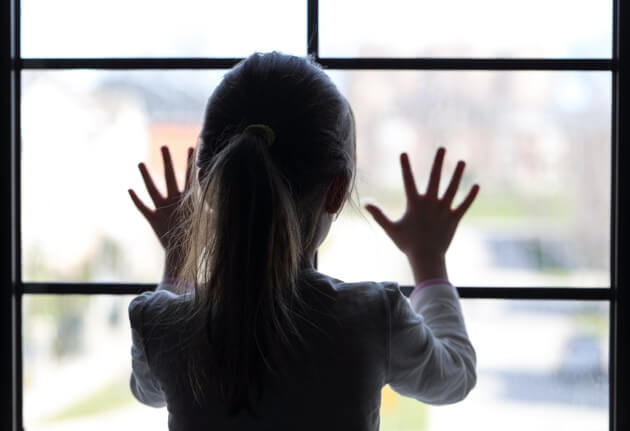9 Tips For Parents When You’re Dating After Divorce!
 By Rosalind Sedacca, CDC
By Rosalind Sedacca, CDC
It’s no surprise that jumping into dating after a divorce can be difficult. But dating after a divorce when you have children can be even harder. That’s because your entire perspective on relationships changes after having children. Now you aren’t only looking for someone to spend your time with. You are looking for someone to be an adult role model for your children, as well, complicating many of your decisions.
Here are 9 important tips to grasp before you start socializing after divorce when you’re a parent.
- Be open and honest with first dates. Let them know you have children, their general age range and whether they are living with you. This isn’t information you should hide. Being single with children is an important factor that impacts any dating relationship. You also want to find out how your date feels about children and whether they, too, are parents. Do not provide personal details, names, ages and other specifics about your kids. But never deny they are part of your life.
- Use a babysitter in the early stages of dating. This is not the time to introduce your children to new partners. You don’t want kids to get attached to your dates when you yourself may not stay attached for too long.
- Trust your gut feelings. If you’re having second thoughts about a partner, honor those feelings. Chances are good that this relationship will not last long and when children are involved, sooner is usually better.
- Have the serious kid conversation. Once you’ve had more than four dates, it’s time to talk about the children in your life. Knowing how your date feels about kids, and whether they are a parent as well, is vitally important information. It can influence your relationship in significant ways. Never put a relationship partner before your love for and caretaking of your child. Never force your kids to like your “friend” so they can feel loved and accepted by you.
- Take things slowly. If your dating relationship is going well, take your time before introducing your children to that person. And when they do meet, be sure to refer to your date as your “friend.” Keep in-person meetings short, such as lunch at a fast-food restaurant or an hour in the park. Allow more time together and brief home visits after a few weeks of successful encounters.
- Talk to your kids. Ask your children for honest feedback about your “friend” and listen to what they say and don’t say. Are they feeling pressured to like your significant other? Are they jealous or otherwise uncomfortable about your new relationship? Do they feel relaxed in your “friend’s” presence? Your kids must feel safe to say what they like and don’t like, otherwise you will create tensions and wounds that are hard to heal. Sometimes our children have greater wisdom than we do regarding our relationship partners.
- Reassure your children. Remind your kids that no one will ever replace them or come before them in your life. Children can feel insecure or jealous about your getting so much attention from someone new. Love isn’t a competition. Explain to your kids that adults need other adults to love – and you have enough love for both your kids and your new partner. Give your kids time to adjust to that thought Remind them too that no one will ever replace their other parent. Sometimes that’s the most important message they need to hear.
- Don’t let your new partner parent. That rarely works. Your kids will resent the other adult putting your partner in a no-win situation. Parenting is stressful enough for you. Keep your significant other out of that position and focus on developing a mutual “friend” relationship between your partner and your children.
- Minimize news of a breakup. Should you have a breakup, don’t announce it to the kids. If they ask, let them know you and your friend aren’t seeing each other any more. But don’t initiate the conversation or energize it with adult details or emotions. Vent to your friends or a dating coach. Don’t stress your kids with your emotional drama.
If you follow these 9 guidelines, you can move on after divorce in a happier, healthier way without sabotaging the wellbeing of the children you love.
*** *** ***
Rosalind Sedacca, CDC is a Divorce & Parenting Coach, recognized as The Voice of Child-Centered Divorce. She is the founder of the Child-Centered Divorce Network, which provides valuable resources for parents who are facing, moving through or transitioning after a divorce. She is also a Dating & Relationship Coach and co-host of Divorce, Dating & Empowered Living Radio Show & Podcast. For more advice on dating after divorce visit her websites: www.childcentereddivorce.com, www.womendatingafter40.com, www.womendatingrescue.com and www.mensdatingformula.com.
 By Rosalind Sedacca, CDC
By Rosalind Sedacca, CDC